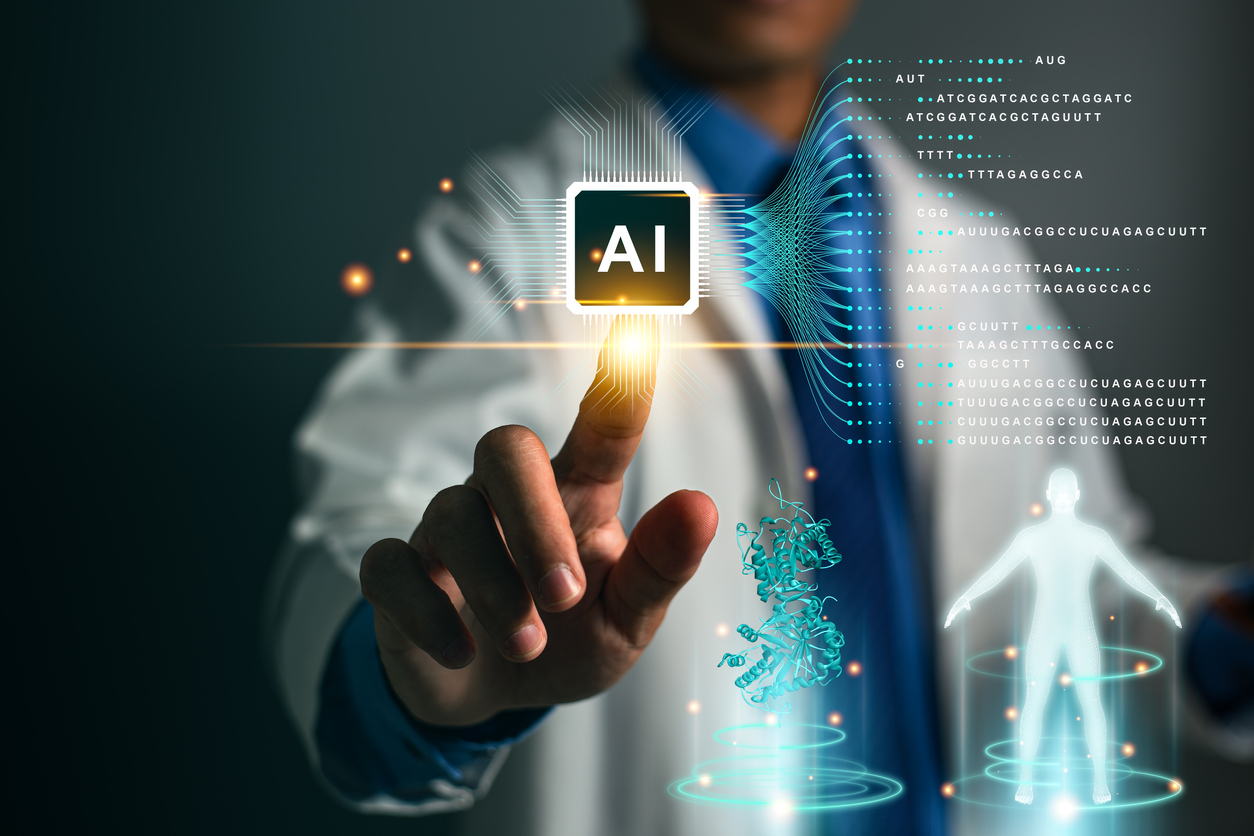ProductLife Group (PLG), a global leader in consulting and outsourcing services for the Life Sciences industry, has released its latest report “An Introduction to the Transformative Power of AI in Shaping the Pharmaceutical Industry.” The pharmaceutical sector is undergoing unprecedented technological acceleration, largely driven by artificial intelligence (AI). This report explores how AI is already transforming key areas such as regulatory affairs, manufacturing, pharmacovigilance, and market access, as well as its potential for the future of R&D. Technologies like machine learning and generative AI are already in play, speeding up drug discovery, regulatory dossier preparation, and safety data monitoring. However, challenges remain, particularly in terms of data management, adoption of this new technology by teams and development of business models that justify investments in AI.
With its global expertise in the Life Sciences industry and the integration of AI-driven solutions, ProductLife Group helps its clients enhance operational efficiency. The report emphasizes the need for companies to balance the rapid adoption of AI tools for immediate gains with deeper transformation to ensure long-term competitive advantage.
In Australia, Commercial Eyes a ProductLife Group Company has been piloting the use of AI tools in pharmacovigilance activities, particularly, medical enquiries.
“We have seen a significant reduction in time to generate localized standard responses from clinical papers and globally approved responses using a structured authoring tool.”Wenna Zhang, Head of Medical Information. “Our teams are actively engaged in exploring and supporting the integration of AI into processes like literature searches and response generation.”
In time, medical information teams may shift from performing routine tasks to oversight of AI execution, freeing up time to focus on more complex activities. “We are confident that AI will support our human medical information teams, but it won’t replace them completely”, adds Wenna, highlighting that adoption involves keeping a human in the loop, in line with the position of regulators.
Says Tanya van der Wall, Australian Country Managing Director.
“Through these pilots we have provided valuable insights to our clients worldwide as they design and develop AI-enhanced solutions. We look forward to expanding this approach across our full range of services, assisting clients in developing AI tools and solutions in regulatory affairs, quality and compliance, market and patient access, and safety and vigilance. We are confident that this will drive innovation and efficiencies for our clients”
To access the full report, please click here.
For more information, visit https://productlifegroup.com/.
